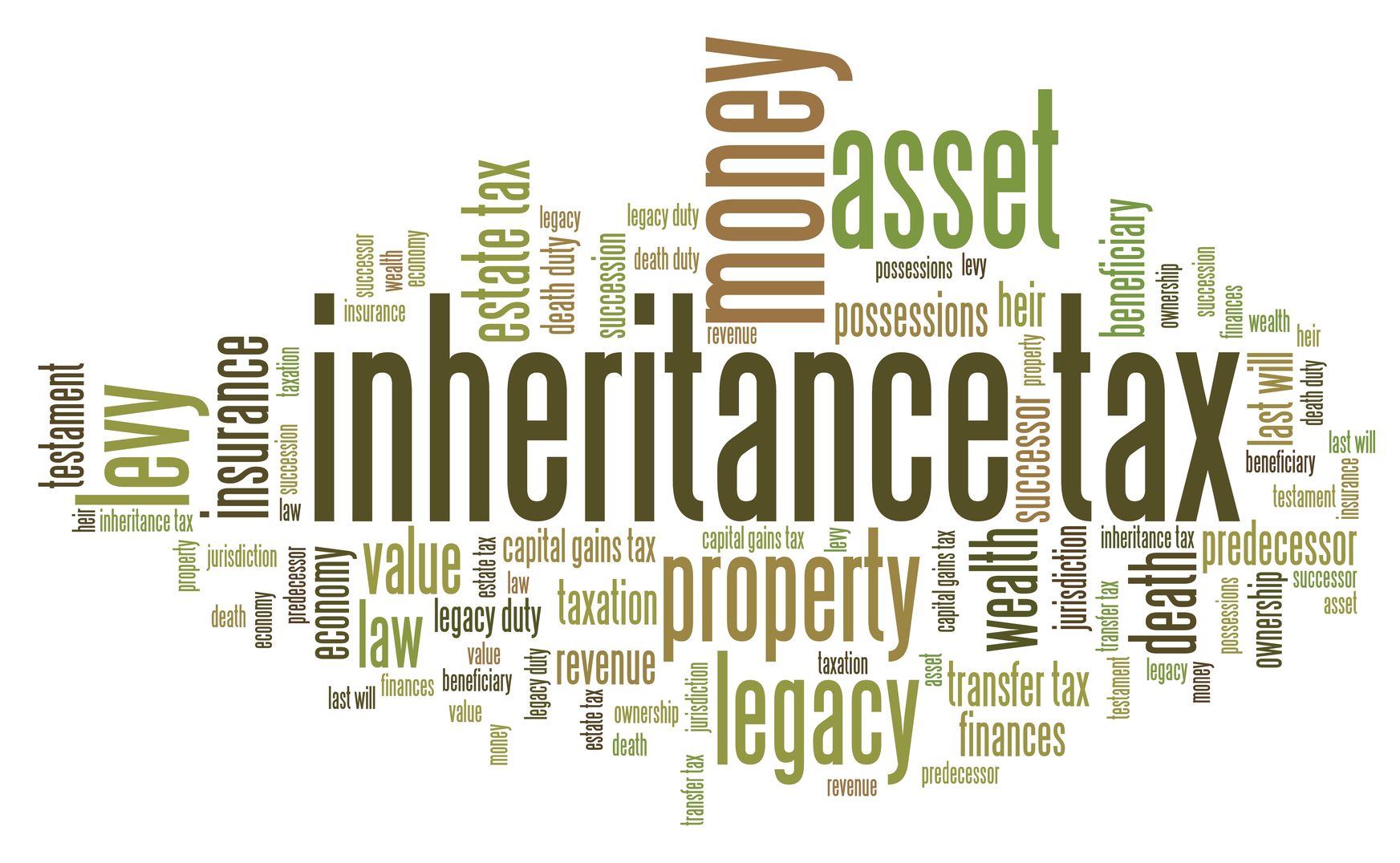
10 Ways to reduce your inheritance tax
Inheritance tax may be paid by your estate and after your death, but there are many ways in which this tax can be mitigated in your lifetime. Our guide is designed to help you.
1 Annual exemptions
In each tax year, you can make a gift up to the annual exemption of £3,000. On top of this, any unused exemption from the previous tax year can also be used, so up to £12,000 per couple.
2 Gifts from income
You can make regular gifts out of income completely IHT free. These gifts must be from your post-tax income, habitual, and leave you with sufficient income to maintain your standard of living.
3 Marriage gifts
Parents and grandparents can make one-off gifts on the marriage of children or grandchildren (up to £5,000 and £2,500 respectively).
4 Small gifts
In each tax year you can gift up to £250 to any number of people completely free of IHT.
5 Donations to charities or political parties
Gifts to these types of organisation, either during your lifetime or via your will, are exempt from inheritance tax.
6 Potentially Exempt Transfers
(PETs) They are gifts in excess of the above. These gifts will usually be free from IHT after seven years.
7 Business property relief
If held for at least two years, certain assets qualify for 100% ‘business property relief’ from inheritance tax. These include qualifying shares in unquoted trading companies, and some listed on the Alternative Investment Market (AIM). AIM shares can now also be purchased in ISAs, providing the potential for an IHT free ISA account.
8 Enterprise investment scheme (EIS)
EISs enjoy similar inheritance tax breaks to qualifying AIM shares and have income tax and capital gains tax breaks to boot.
9 Life insurance
You can reduce the impact of inheritance tax on the estate by using a life assurance policy written in trust. The death benefit of the policy is used to meet all or part of the inheritance tax due, thus preserving the estate.
10 Wills
Charitable legacies written into a will reduces the rate of inheritance tax paid on the estate on death. If 10% of a taxable estate is left to a registered charity (after allowing for the inheritance tax threshold and other reliefs) the rate of inheritance tax is reduced from 40% to 36%. This applies to all deaths on or after 6 April 2012.
end-content
We review these planning options as part of our standard inheritance planning report process, why not give us a ring and arrange a no obligation assessment.
Past performance is not a reliable guide to the future. The value of investments and the income from them can go down as well as up. The value of tax reliefs depend upon individual circumstances and tax rules may change. The FSA does not regulate tax advice. This newsletter is provided strictly for general consideration only and is based on our understanding of law and HM Revenue & Customs practice as at January 2011 and the contents of the 2010 Comprehensive Spending Review. No action must be taken or refrained from based on its contents alone. Accordingly no responsibility can be assumed for any loss occasioned in connection with the content hereof and any such action or inaction.


